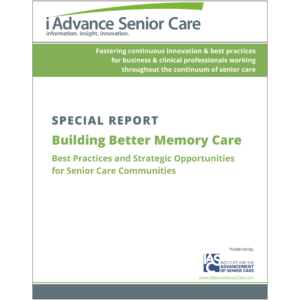High-dose vitamin E benefits those with Alzheimer’s and their caregivers: study
A daily 2,000 IU-dose of vitamin E can slow functional decline in those with mild to moderate Alzheimer’s disease and reduce the time needed to assist them, according to results of a study published in the Jan. 1 issue of JAMA.
In fact, Maurice W. Dysken, MD, of the Minneapolis Veterans Affairs Health Care System, and colleagues found that, over the average follow-up time of 2.3 years, study participants taking vitamin E experienced a 6.2-month delay in disease progression and a 19 percent reduction in the annual rate of decline in ability to perform activities of daily living, and the time needed to care for them was reduced by about two hours per day. Also, contrary to the findings of a 2005 study, the authors found no significant increase in mortality among those taking the high doses of vitamin E.
Other points:
- All of the trial participants also were taking an acetylcholinesterase inhibitor.
- The amount of vitamin E taken by study participants is about twice the amount normally recommended for adults.
- The study dose costs less than $20 per month. It is a pharmacologic dose (not a supplement).
“Considering the difficulties inherent in trying to treat rather than prevent very high-prevalence diseases and the limitations thus far of the therapeutic efforts for people with [Alzheimer’s disease], shifting to more emphasis on prevention seems warranted,” writes Denis A. Evans, MD, of Rush University Medical Center, Chicago, and colleagues in an accompanying editorial.
See other content by this author here.

Lois A. Bowers was senior editor of I Advance Senior Care / Long-Term Living from 2013-2015.
Related Articles
Topics: Alzheimer's/Dementia , Clinical











